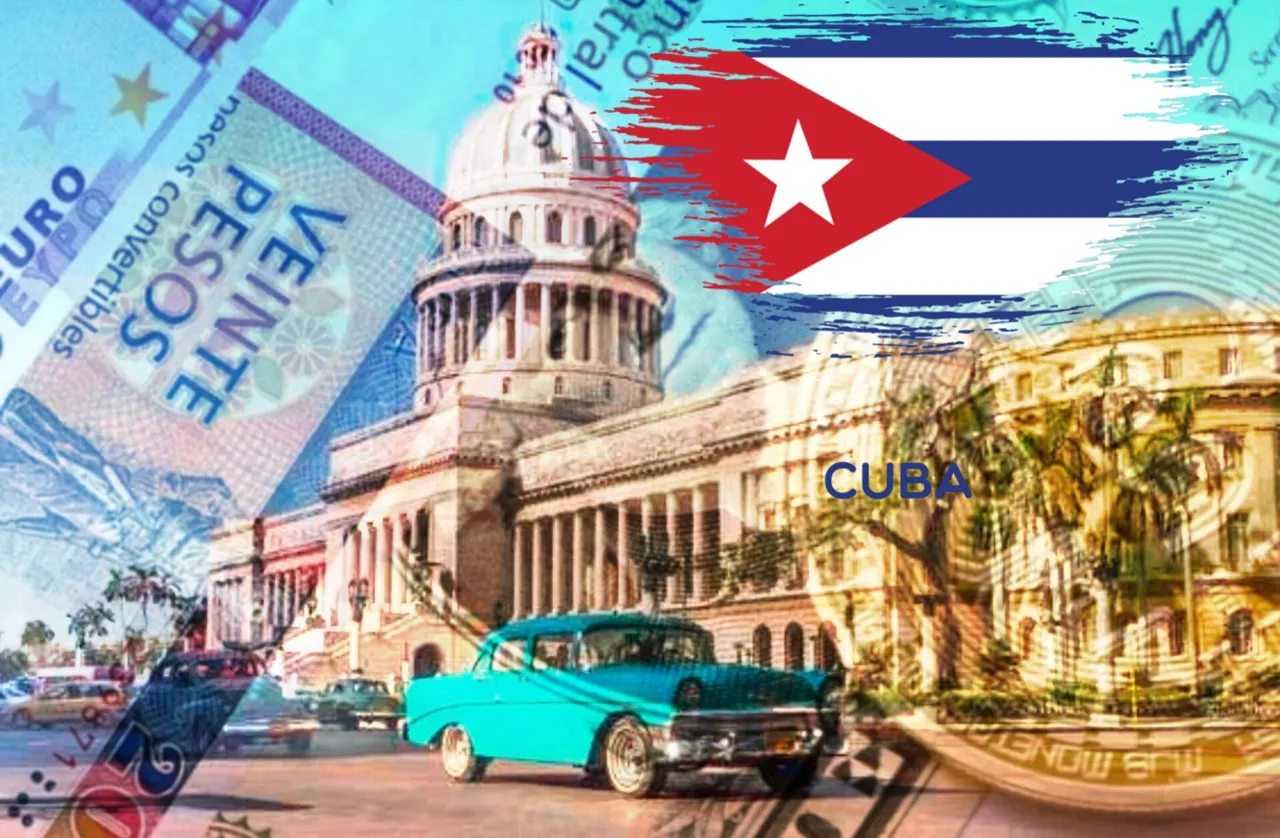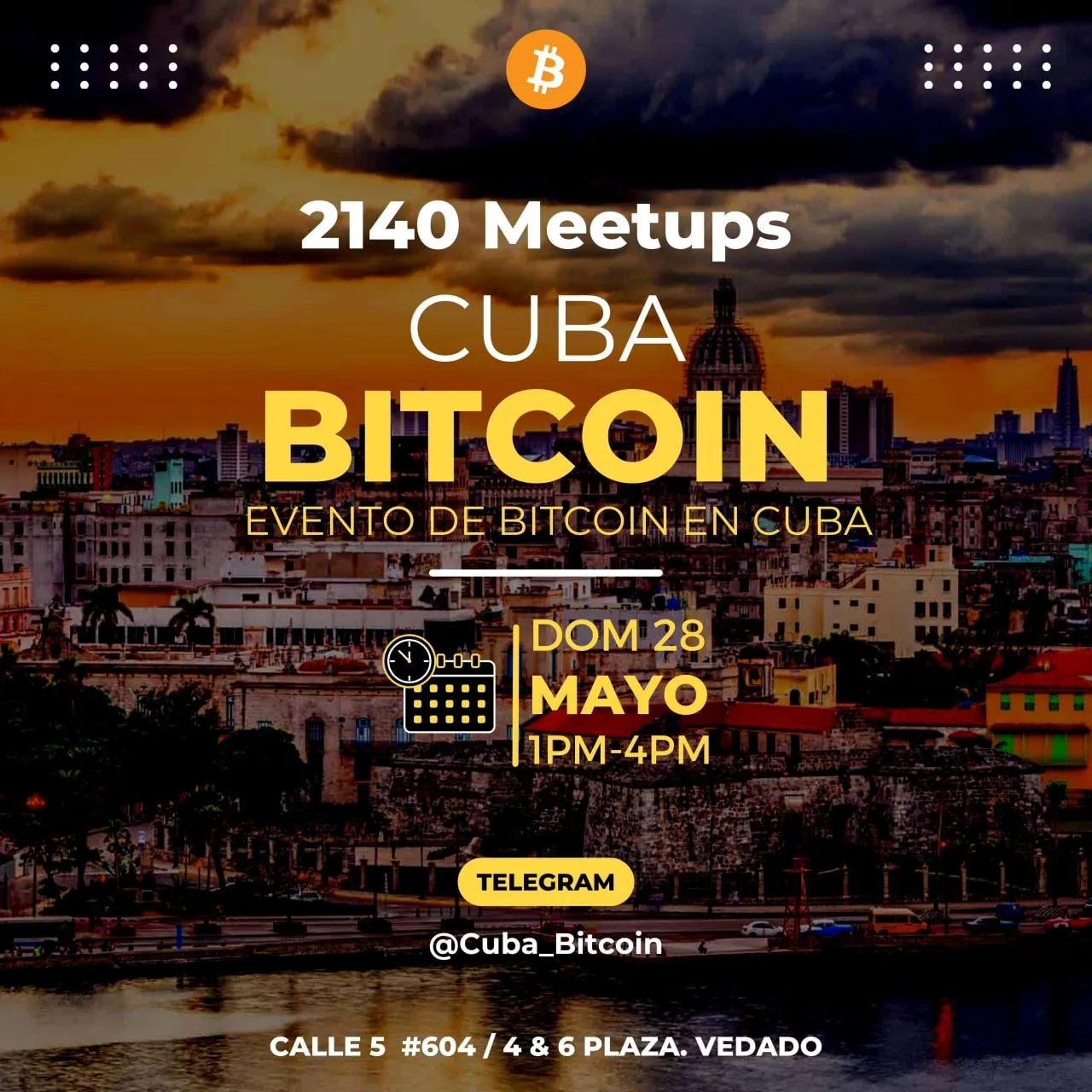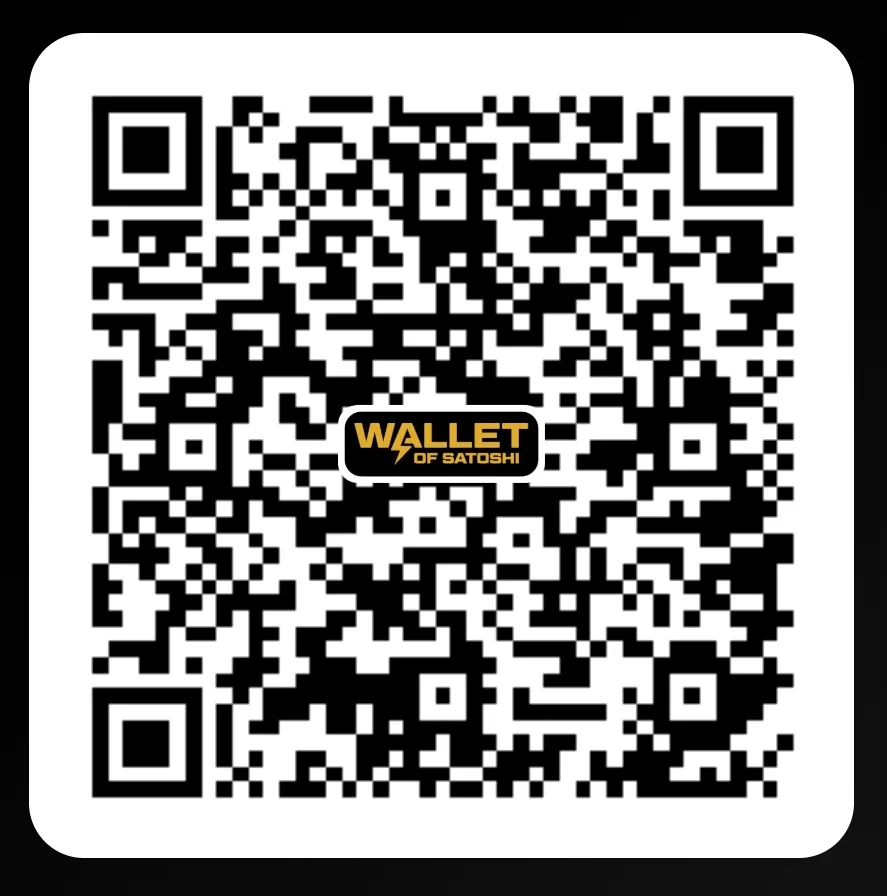
Imagen de Autor realizada con Photoshop
In the year 2019, in Cuba people lived as always from the "invention"; that is basically, do anything that gives them some money for a day. But how far we were from reality. That year, the impact caused by COVID-19 in Cuba would not be matched by the rest of the world.
The reason
We needed then, a way to get money. Trading with BTC and other cryptocurrencies was an unknown, but attractive adventure at that time and that is what appeared. Today, 1 USD in cryptocurrencies is worth about 245 CUP (Cuban pesos), which would be more or less 6.17% of the average professional's salary. The middle salary in Cuba is 2,000 CUP and a little more, a doctor or an engineer earns from 4,000 CUP to perhaps 8,000 CUP if you are a medical specialist or a government leader. This would equate to between $16 and $32 per month. If it's not the lowest salary, it's among the lowest in the world. According to the United Nation, the poverty threshold is for those people who earn less than 1.9 USD a day, do the numbers and you will see what the persons earn in Cuba daily, even as a professional.
By May 2022, if I remember correctly, USD 1 in crypto was trading above 200 CUP, totally insane. Cuba's economy and national currency are devalued. I am not saying in the world, where the CUP is worth nothing, but within the same country, it has a very negligible value. To give you an idea: in Cuba, a soft drink or beer represents between over 4%-6% of a salary, even more for low wages. And like that, everything was super expensive. That is why many of us saw in BTC and the one crypto the help we needed to survive in a country that in the eyes of the world is painted as a beach, tobacco, and rum, but in reality, it is not like that, or not that simple.
With each dollar in crypto, we have the opportunity to buy things at world market prices since it is exchanged at 1x1 more or less for something called MLC (Freely Convertible Currency). The MLC is another local currency invented by the country's government that has no value in the world also and is used to exchange currencies from any country for national credit cards. It is then with MLC that we can access products that are only available in specific and super expensive markets. The MLC is the only currency the government accepts in the few markets that have food. The irony is that the government does not sell you that currency or that credit. To acquire MLC, you need to buy it by transference on the black market from people who have MLC; or they acquire it through cryptos in the same black market, or through purchases on the web QvaPay (it is a website of a Cuban entrepreneur who exchanges digital currencies or national currency to the other). It can also be acquired through remittances from relatives abroad who deposit dollars or another currency to the MLC cards of Cuban people and the State makes the change to MLC. This transfer from abroad does not work directly from the USA. There are alternative ways such as banks or bank accounts in countries that do business with Cuba or a site called TropiPay which if I remember correctly is Spanish. The problem with Tropipay is the excessive and abusive fees, hence the need for a Cuban to obtain cryptocurrencies. P2P is also exchanged at a rate of 1x1 cryptos per MLC. The MLC stores, are even the only place where you can sometimes buy preserves or cookies and candies if there are any and in case you are lucky enough to find out quickly and you have MLC. Otherwise, they sell a few in the same market and the rest goes to the informal market.
For this reason, many of us have found in BTC and cryptocurrencies an alternative way to generate the income we need.
Beginnings in the wrong way.
Right after the pandemic, some people told me about cryptocurrencies, but as a Cuban, I finally did not believe them. I only had a remote idea of PayPal or USD Zelle. I had a bad feeling putting money into something I didn't know about. Would they scam me off?. Like almost the majority of Cubans who started in this, without advice, we started with PONZI schemes. Many will be familiar with the infamous TRUST INVESTING platform, from which many in Cuba made good money. I remember my first "investment" in cryptocurrency: AttonBank. I contacted a friend who exchanged my CUP for an AttonBank balance, and that's how it all started. I decided to invest 24 USD, with the mentality that if I lost it, I would get the idea that I had a case of beer, period. At that time, 1 USD was worth 25 Cuban pesos and the exchange rate of 1 USD in any cryptocurrency was around 1.1 USD, much more expensive than in the rest of the world, (like everything in Cuba) or 27.5 CUP (24 USD in back then it was 600CUP, today 24 USD represents 6000 CUP, the middle salary of a professional). To change your currency to cryptos, you had to send the equivalent in CUP to the person who would sell you the "digital currencies" through a bank transfer with the corresponding amount. For this change or transfer, we use the Cuban applications TRANSFERMOVIL or EnZona. These applications are a way to control your bank accounts online. You could also buy with cash, but it was more difficult because in a town many didn't know about criptos at that time or in case you couldn't find them in your same town. By intuition, the second day after starting on AttonBank I transfer my 24 USDT (my initial investment) from my AttonBank balance to my Trust Wallet, because I didn't have a good feeling, and as a matter of fact; AttonBank went to SCAM the next day.
A telegram bot called FLASH CASH appeared, basically a folding machine that promised to generate compound interest on what you invested. Flash Cash paid well until the time when it stopped and many lost their money. In the beginning, I was doing super well with those things, I tried to get referrals and I made quick money. I was in several of those PONZI, in many I lost, in others I won; some ones of the much that I invest: Asher Trade, ChocoCoin, Loan Tech (one of the highest dividend earners for me, but SCAM in the long run), Dubai doublers, Mirror Trading International, Versa CORP, and many more. In these pyramid schemes, most people lose more than they gain; luckily I was one of those who at least didn't lose the investment and came out with a bit of a profit when he realized what those sites were. Many people who entered late lost everything, I entered this world late in general, but there were Cubans who earned good money that way. In Cuba many people lived and live well from crypto; perhaps because they started long before when there were BTC faucets that paid many satoshis or because of a relative abroad who introduced them to that world.
Evolution to the right path.
The losses began to arrive. So I decided to do more research and with the help of other friends who knew the cripto world, I got off the Ponzi´s schemes to trade on cryptocurrency exchanges. At first, the luck of the beginners was with me, then I had to study a little: The graphs, the indicators, the market, and the tools that were available to Cubans because many were paid. This is how I start on trading platforms like Payeer, which is a Wallet but allows you to buy and sell digital assets. Over time we went to work on the PIONEX platform, where we began to see what this world was. One day the latter threatened Cubans with the need to do KYC and use VPN. It was a risk to continue working there with a VPN because your funds could be frozen for being Cuban. Many of us, like me, fled for fear of losing what little we had there. It's not about introducing FUD or anything, Pionex is an excellent platform and continues working with Cubans until this day; In Cuba we have a saying: “The light in front is the one that shines”, in other words: if you have the opportunity, take advantage of it. For that and just in case, I sent my small capital to Kucoin (some time later ask for kyc too) and Bingx. For a while, we were able to trade on Binance through SafePal Wallet. SafePal works as a broker that allows Cubans to deposit their fund in the wallet and exchange it on Binance through that wallet. In the long run, since we are Cubans, they blocked our access to Binance from that wallet also like almost all world exchange platforms. Maybe we can use a VPN to access Binance, but if for a moment we forget to turn on the VPN and open the Binance app, our funds will be frozen and we cannot claim funds because we are in a country where Binance does not offer its services.
The benefits.
Thanks to BTC, many work online with people from third countries who pay them this way. Others who have relatives abroad use it to reduce remittance costs because cryptocurrencies are cheaper and more profitable to send remittances than the conventional way. Even many retail businesses in Cuba already accept payment in cryptocurrencies: restaurants (specifically BTC for the Lightning Network). Most of the basic things for a cuban person are found only on the black market, even something as basic as a bag of bread for breakfast or a snack is excessively expensive for a worker and unsustainable. Many of those who sell in the informal market accept payments in Bitcoin or other criptos, even to buy phones (it can cost 6 months' salary, even much more, being only a low-middle range phone). You can also buy computers or anything else you can imagine. In this informal market, there is everything but at a very high price. So maybe if the seller knows about cryptocurrencies, they can accept payment in whatever cryptocurrency the seller prefers.
The future.
BTC is not that well known in Cuba or at least many are still skeptical. The creator of QvaPay is one of the biggest crypto promoters around here, specifically BTC and its lighting network, also there are telegram communities like Bitcoin Asere Comunidad and Cuba ₿itcoin that do an excellent job helping people and teaching about Bitcoin and introducing a new a more secure way to buy some SATs without KYC and very secure. This new way it's through a telegram bot called lnp2pBot, it's secure and easy way to buy SATs no matter if you are a newbie or and advance user, you always can get assistance in the communities. They create a meeting this year to show the people the benefits and uses, or simple to share experiences.

Imagen the_infiltred
Even if you are cuban, colombian, from the USA or from anywhere, there are multiple communities for everyone. Also if there is anyone interested in learn how to do it , could check here and here,this are two amazing articles with an explanation of how to do it.
While BTC it remains an obscure subject for many Cubans, it is gaining adherents day by day, even the government has tried to impose laws on cryptocurrencies, but without much emphasis and with little result, much less consistency. If at the beginning of the letter he said that Cubans would survive by 2019, this could not be further from the truth. So, what we had in that moment was a lot compared to what we have now, which is almost nothing. Like many others, some better and others worse, we have found in BTC and cryptocurrencies an escape valve because it helps us a lot to cope with this harsh situation with the hope that at some point we will have enough to live from trading nada criptos or at least be able to get out of here.
If you like this article let me know inTELEGRAM or @The_Orange_Pill, also you can help me with an small tip if you want it.
